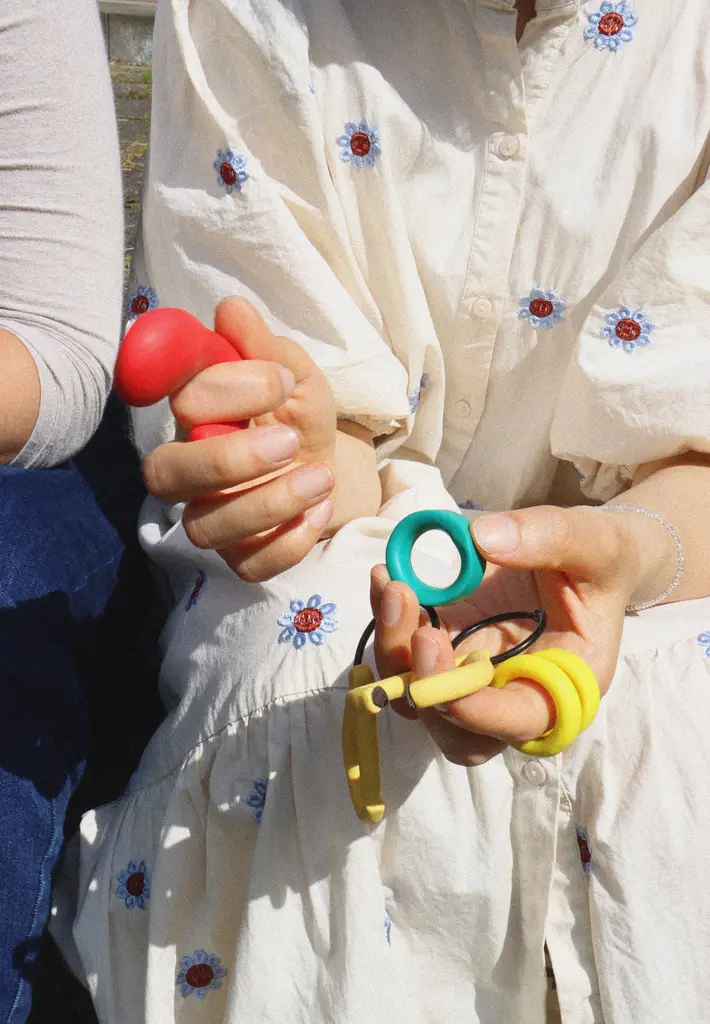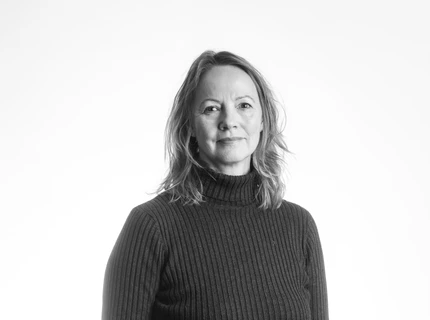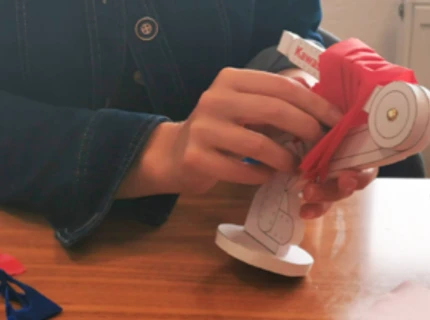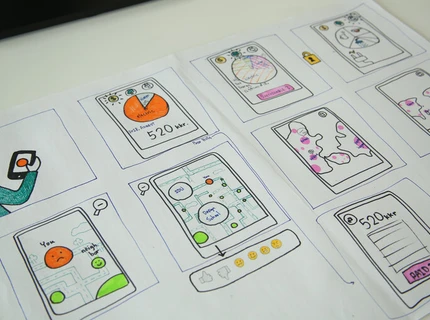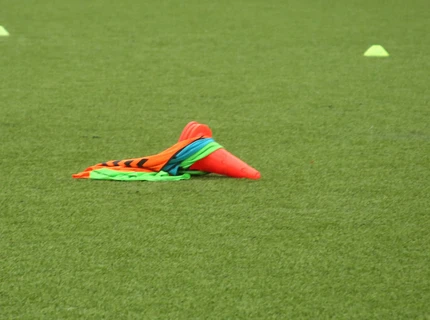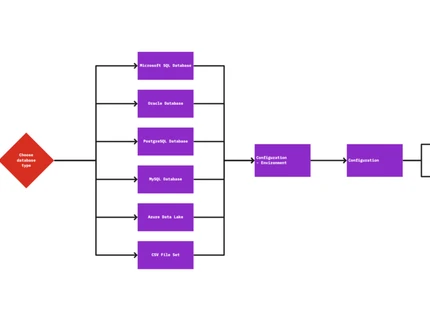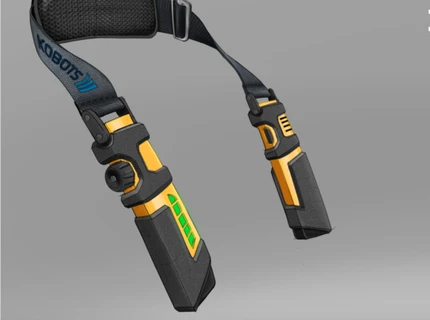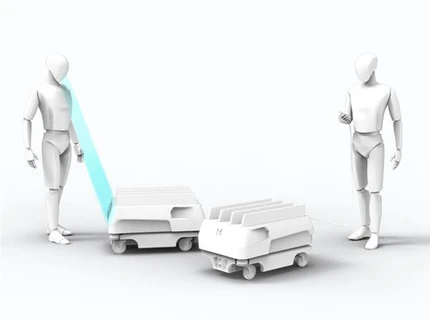Collaboration
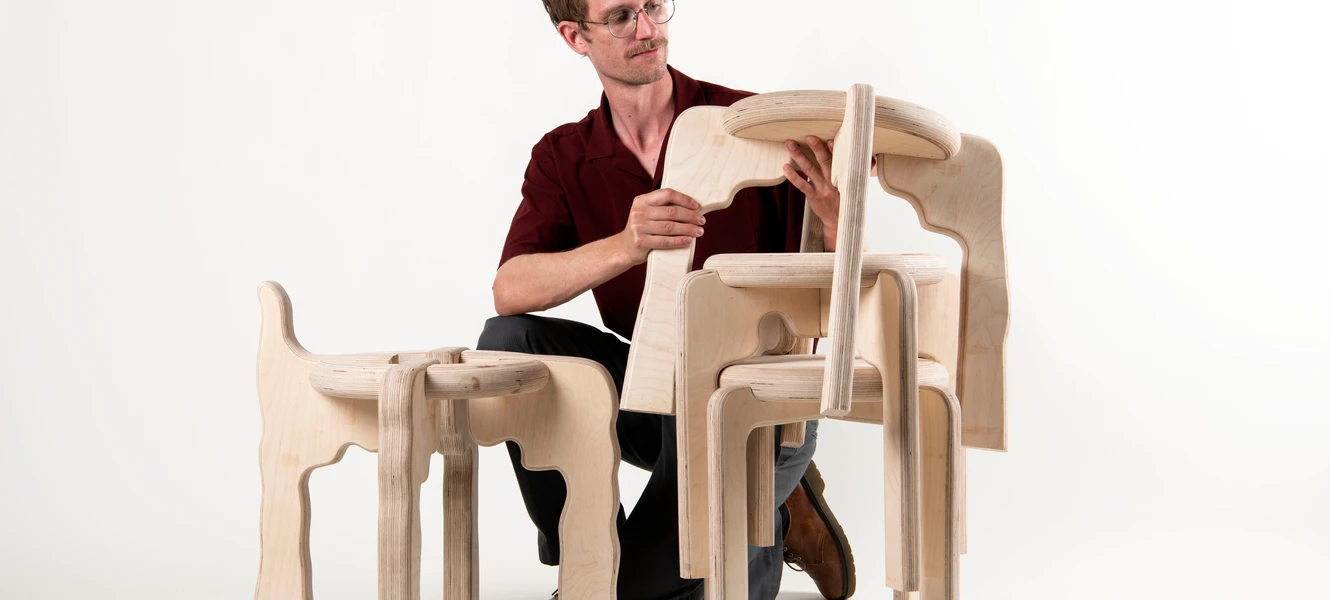
Project collaboration
The school would like to open its doors to even more partners who can help raise awareness of – and not least experience – how design processes and user-centered design can make a difference in companies and organisations.
Process and content
We often divide development projects into phases. In the initial phases, we are focused on what is, i.e. the context, and the knowledge that exists in the area, and the people involved/the users. In the final stages, we focus on the future – what can be or what can become. We translate the insights from the processes into actual manifestations in the world. It can be strategies, but also concrete design in materials, colour, tactility, sound, smell etc. We can concretize abstract needs and concepts, give them shape and put them to practical use.
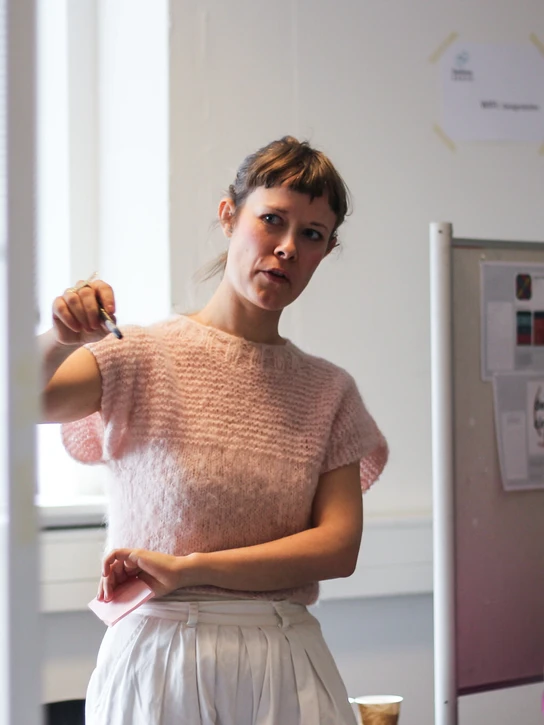
Research collaboration
In the field of research, there are many different forms of collaboration and funding. These can be adapted to the specific needs of the company.
Forms of collaboration:
- Commissioned research – The company engages one or more researchers for a specific project.
- Co-financed research – Together with Kolding School of Design, the company enters into national or international collaborative projects, e.g. PhD projects.
- Industrial PhD – the Industrial PhD scheme is a special subsidy programme for companies that may apply for a grant for a three-year business-oriented PhD project through the Ministry of Science, Innovation and Higher Education. The company employs an Industrial PhD student who is also enrolled at Kolding School of Design.
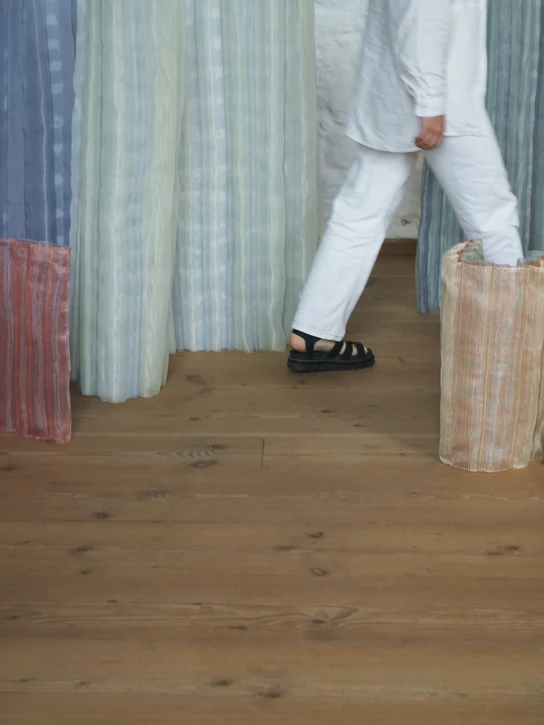
“Three laboratories in one development department bring together the school's collaborations. Here, a team of professional designers works together with companies and organizations to make a difference with design and design methods.”
Contact
Sustainability, Social Design, and Play
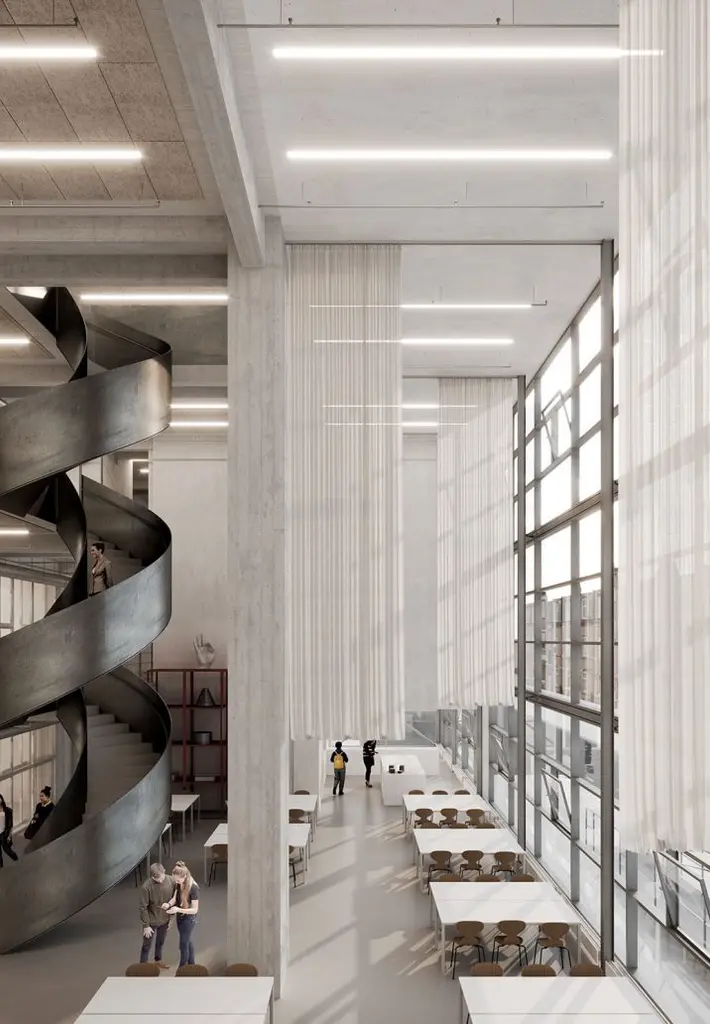
DigiHub: Bridging people and technology
Skilled designers have insights into both digital and technological subject areas and with design thinking, craft and creativity they can be part of a fruitful collaboration with a number of other disciplines.
For every project, we team up student workers with senior designers. By following a process that is holistic, iterative and human-centred we help technological companies:
- Understand the needs of their target users.
- Co-create and test concepts.
- Develop user-friendly digital products and service prototypes.
- Introduce their products and services to new markets.
Through meaningful collaborations in these developmental projects, we aim to build relationships with the industry and bring new knowledge into the institution to better educate and prepare design students for the job market after they graduate.
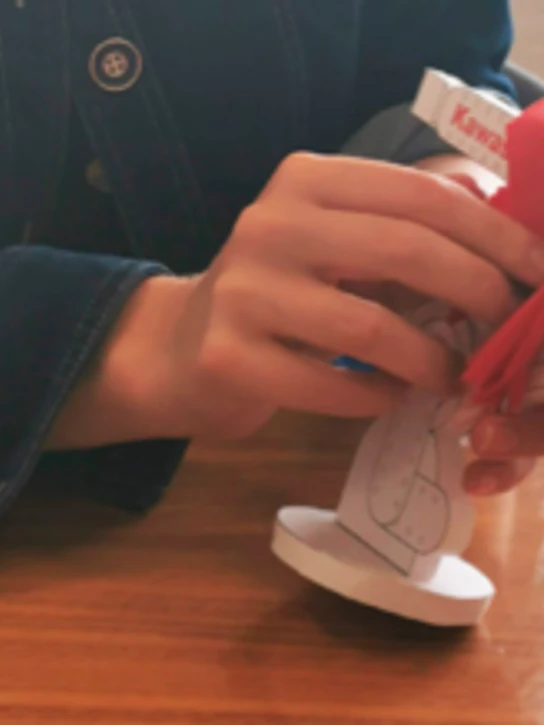
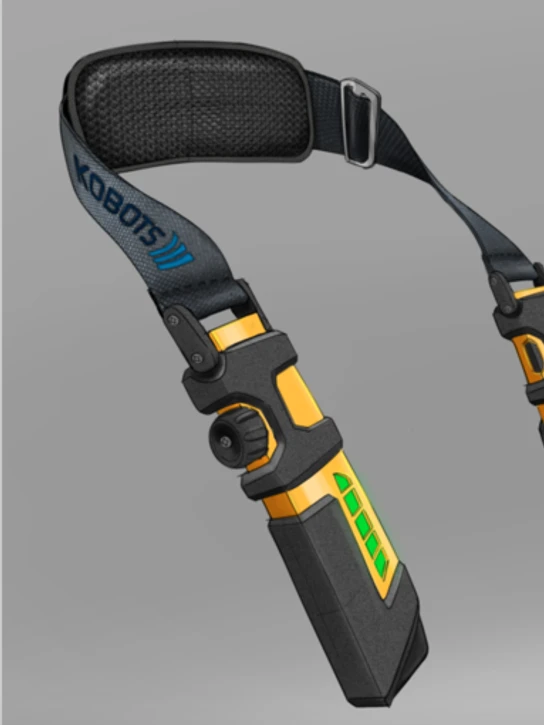
Selected DigiHub Projects
The sound of DigiHub
It's all good questions and good answers in this podcast series with DigiHub representatives Andreas Stær van der Merwede, Esben Rahbek, Matilda Blomgren and Nina Prochniewska along with Innovation Consultant Lars Mathiesen from DigitalLead.
The series is produced by Jesper Lunau from Erhvervshus Sydjylland.
Please note: Episode 1 and 2 is in Danish, episode 3 is in English.
Contact
Students and graduates
At Kolding School of Design we're well-known for our creative student environment and for our innovative students, who dare have an opinion about both concrete and complex tasks and problems.
In addition to possessing core competencies within their individual fields of study (communication design, fashion, textile, industrial design, play or accessories), the students are especially good at generating ideas, frame and run processes and organize and develop from idea to a finished product – across professional fields. A designer is trained to work cross-disciplinary and to incorporate knowledge from other professions into their work. Moreover, the designer is trained to include a user perspective in his/her work. This means that designers include the end users of the product or the service in their work, which results in a better and more accurate outcome.
Below you will find a description of different types of co-operation. If you wish to send an enquiry, please write a notice describing the job and mentioning the time frame and the contact person your end. Please send this to the career workshop at the school, who will then post the notice on the intranet. It is the responsibility of the students to contact you, to apply and to make further agreements.
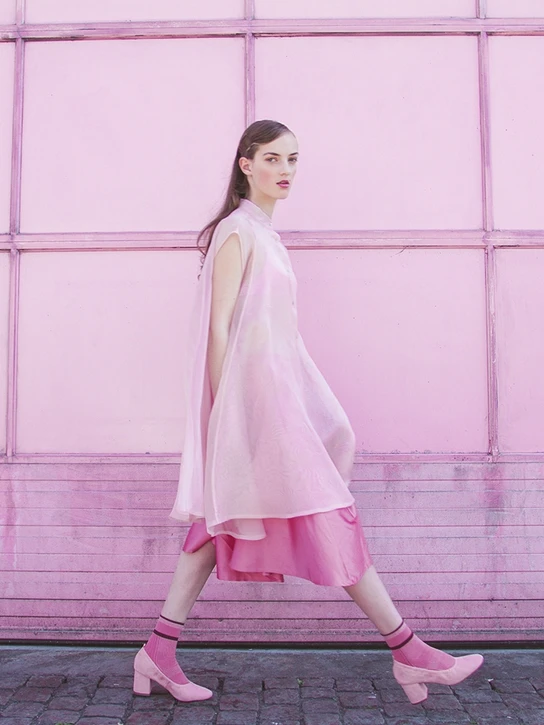
Would you like to work with a design student? These options would be relevant for you:
Kolding School of Design focuses on the business and organisation know-how of the students as well as the physical design competencies in relation to their future career. Therefore, an internship is a mandatory part of the education at Kolding School of Design.
Internship is part of the 3rd semester MA programme. The internship period starts at the beginning of the semester in August and ends around the Christmas holidays in December. The internship qualifies as full-time employment for the student who engages in the company’s day-to-day activities.
Requirements for companies
If a company wants a design trainee, it requires already existing design professional competencies in the company, and it is important that a person in charge of internships is available and responsible for the daily learning of the trainee. Moreover, the company and the trainee will enter an internship agreement covering the jobs and learning outcome. This agreement must be approved by both parties and by Design School Kolding.
This agreement defines the guidelines of the internship, and is a prerequisite for the credit transfer of the internship in relation to the education of the trainee. It is legal for companies to pay students working in project-oriented jobs or unpaid internships up to 3000 DKK/month in addition to their SU (state education grant). This appreciation is voluntary for companies and organisations. The limit of 3000 DKK has been imposed by the Ministry to emphasize that the students are enrolled in education and not wage-earners (act of 1st July)
Individual projects
On both Bachelor and Master’s degree programmes, the students must finish their education by completing an individual design project.
By applying design theory, methods and skills, the project must show that the student is able to solve basic design professional problems at a professional level. Knowledge, skills and competencies acquired through the course of the education are demonstrated by solving a self-initiated, well-defined and delimited design professional problem in cooperation with minimum one external collaborator.
Kolding School of Design places demands on the students to cooperate with one or more external partners on this project, with the purpose of widening their business sense and their understanding of the practical use of the design profession. The cooperation must be the core of the project.
We expect the students to have a continually dialogue and matching of expectations with the collaborator during the project period. The set-up of the cooperation varies; meetings (physical meetings, skype-meetings etc.), information, contact to the customers/users of the company, products, materials and/or equipment for production etc. This is very individual, depending on the contents and course of the project. Before initiating the cooperation, a cooperation agreement is signed by the company, the student and the school.
Bachelor project: 11 weeks – March - June, Bachelor students 3rd year.
The duration of the bachelor project is 2½ month, during which the students independently work on their own project using design in practice. The final project may revolve around the problems worked on during the internship, or deal with a completely new area.
Master project:
22 weeks – December - June, Master students 5th year
The duration of the Master project is 5 months. It will be the largest and most ambitious project during the design education (30 ECTS points). The Master project may be developed as a product or a service within the subjects; fashion design, textile design, industrial design, accessory design, play and design or communication design. Or it may be a cross-disciplinary project covering one of our strategic focus areas: Sustainability, Social Inclusion or Play and Design.
Most students need a student job to make the economical ends meet. This, however, may also be an opportunity for the students in their spare time to do something, which increases their design competencies. Students jobs can take place at a pre-arranged time every week, or as large or small projects during different periods. A great deal of the inquiries for school projects sent to us, may, as an alternative, be worked out as a student job.
Would you like to work with a fully-qualified designer? These options would be relevant for you:
Prior to and after their final exam, our designers – are very motivated to begin their work-life. If your company has a vacancy, please send us a notice. We are in close contact with the new designers, and we have a very well-established student network for former students. Furthermore, you are welcome to contact the individual heads of subjects to get more information about the competencies of the designers.
Especially as a newly qualified designer, it might be difficult to get a job – due to the fact that you cannot document years of experience. At Kolding School of Design the education is based on a considerable proportion of actual projects with companies. Moreover, the students go through an internship. However, a fantastic way for the students to gain experience would be if you – as a company – could offer an opportunity for practical learning. This might be as trainee job giving the student the opportunity to learn processes and gain insight into your activities and business.
We offer to establish contact with graduated designers, who, within the last few years, have set up their own design business and work as freelance designers. This is an opportunity to get a non-binding offer and to get the job done the way you want it – and when you want it.
If you wish to send an inquiry through our Freelance Network, please send an email marked: Freelance Network. Describe the job and mention the contact person at your end. The designer will contact you directly for further communication.
Contact
Check out the graduation projects by the next generation of designers from Kolding School of Design
